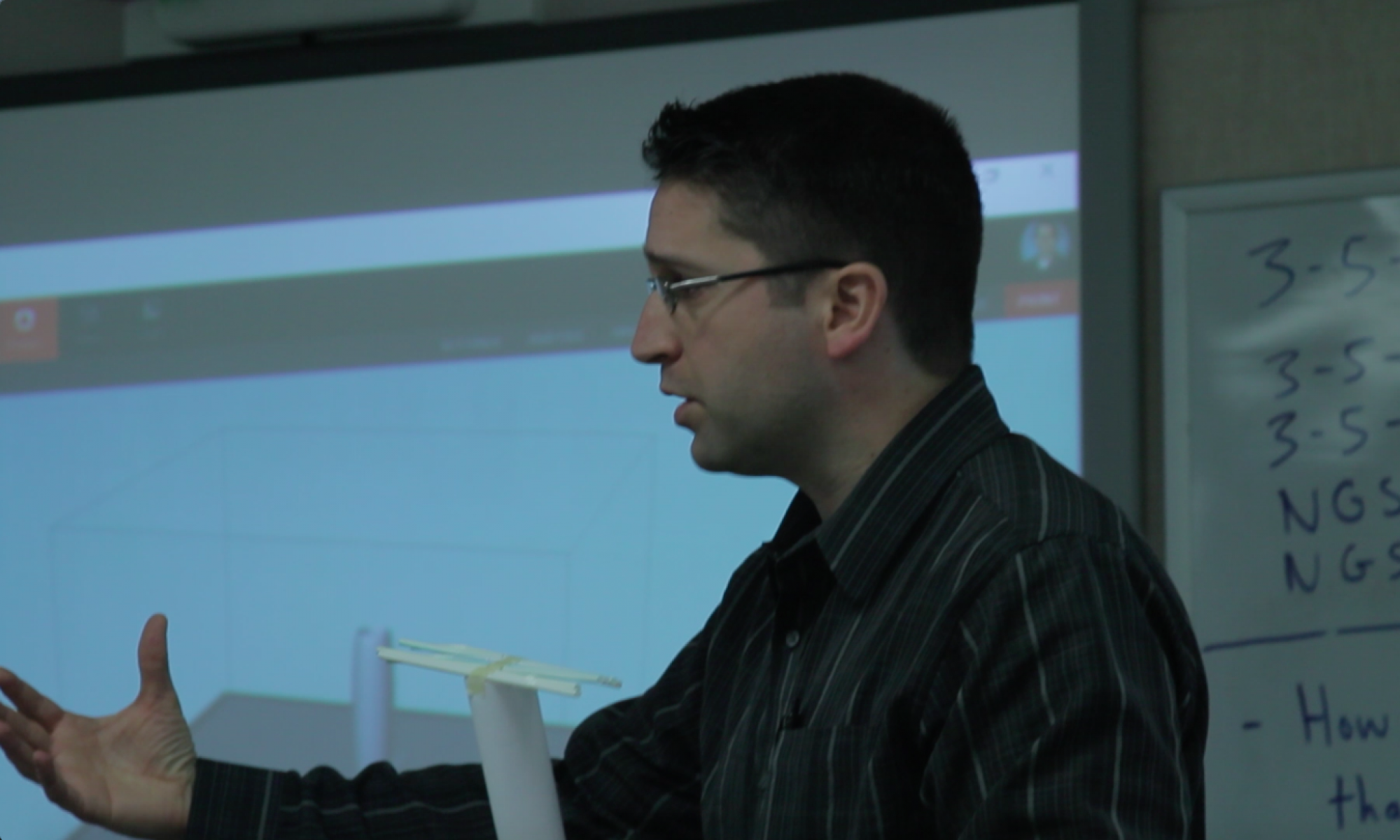ISTE Standards for Coaches 4: Coaches model and support educators to design learning experiences and environments to meet the needs and interests of all students.

A learning designer utilizes knowledge of authentic learning pedagogies, digital tools, digital learning environments, and instructional design principles to empower educators facilitating instruction via in-person, hybrid, online, and everything in between. This can take place in the classroom, through in-service teacher learning, professional learning opportunities, instructional coaching, writing, and more. The efforts should be supportive and provide a model that others can emulate. Whether collaboration is direct or indirect, the goal is to develop more authentic and active learning experiences that demonstrate student agency and content mastery. Educators should also feel better equipped to use digital tools and digital learning environments to design accessible, active, and individualized learning opportunities. All of this comes through support and effective modeling, especially in regard to instructional design principles that are both specific to certain contexts and universal to all learning.
4a Authentic, active learning experiences – Collaborate with educators to develop authentic, active learning experiences that foster student agency, deepen content mastery and allow students to demonstrate their competency.
4b Support personalized learning – Help educators use digital tools to create effective assessments that provide timely feedback and support personalized learning.
4c Learner variability – Collaborate with educators to design accessible and active digital learning environments that accommodate learner variability.
4d Instructional design principles – Model the use of instructional design principles with educators to create effective digital learning environments.
